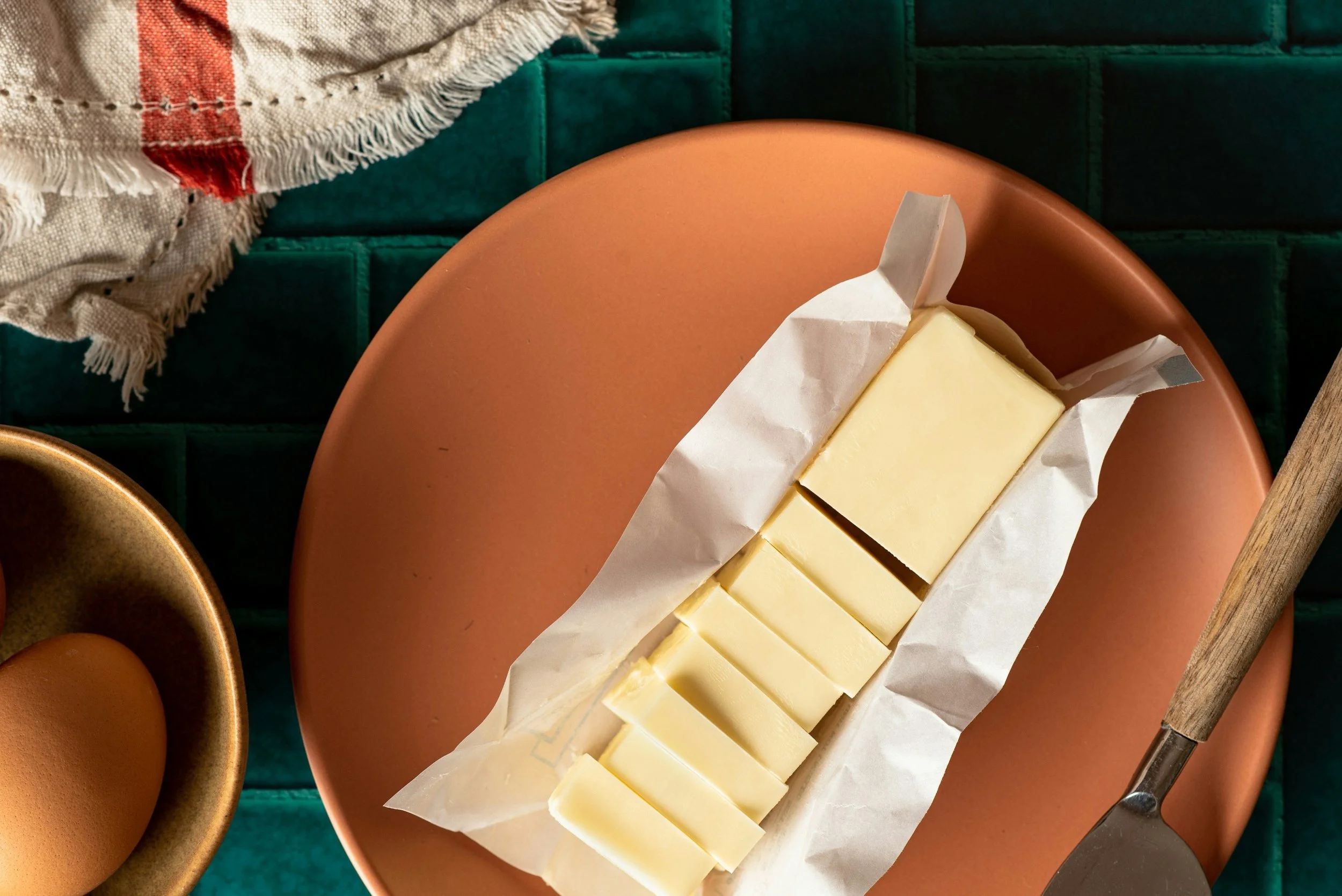THE HOUSE OF C+C
WELLNESS: DOING THE MOST BY DOING THE LEAST—A CASE FOR HORIZONTAL LIVING
We weren’t born overachievers. We were trained. Like the Olympics.
Trained to make rice without being asked. Trained to remember our schedule (including piano lessons, math tutoring, and dance). The Wi-Fi password. Making school lunch for our siblings. Trained to smile politely through unsolicited comments about our weight, our relationship status, our job title, and the state of our uterus. We didn’t rebel. We got ahead.
Being the eldest daughter in an immigrant family meant knowing how to read the room before we could read chapter books. It meant being praised for being “low maintenance,” “so helpful,” “so responsible.” A polite way of saying, “Thanks for lighting yourself on fire to keep the rest of us warm.”
We learned early that usefulness was love, and achievement was safety. Rest? A foreign concept. Pleasure? Please. Anything that didn’t produce a result came with a side of guilt and a passive-aggressive comment about how “it must be nice to have time to feel things.”
But this is the thing: that training made us masters of resilience and prisoners of productivity. Also perfectionism. And people-pleasing. We were built for burnout. Then, we started to wonder: What happens when the high-functioning daughter decides to stop performing?
Not for rebellion. Not for applause. But because she’s tired. And ready to live a life that’s actually hers.
HONOR ROLL STUDENT OF HOLDING IT ALL TOGETHER
We learned early that rest was something you earned—after the dishes, the errands, the everything. Our parents didn’t sit down unless there were guests, and even then, only briefly. And only after making sure everyone else was fed, hydrated, and reminded that they don’t visit enough. Stillness was suspicious.
So when we started asking questions like, “What feels good?” or “Can I take a break today?”—our nervous systems short-circuited. We were taught how to carry, how to care, how to continue—but not how to stop. The first few times we tried to slow down, it didn’t feel like liberation. It felt like failure. Laziness. Like we’d broken some ancestral contract.
But the truth is, no one came. No one punished us for pausing. The Earth kept turning. The bills got paid. Our identities didn’t collapse. In fact, something else started to build—a sturdier sense of self. One that didn’t measure worth by productivity or punishment. It was shaky at first. But it held.
And maybe that’s what healing looks like sometimes: giving yourself the kind of permission you were never handed, and choosing not to apologize for taking it.
PAUSE, THEN PROCEED. REST IS THE RITUAL.
Rest didn’t land in our lives like some epiphany with fairy lights and spa music. It snuck in sideways. A canceled meeting. A quiet morning. A full-body yes to not replying to that text right away. And in those small, unspectacular moments, we started to notice something: the world didn’t crumble—and we felt… okay. Maybe even good.
Turns out, doing nothing wasn’t just an act of resistance. It was its own kind of intelligence. A nervous system finally unclenching. A mind not obsessing. A body that wasn’t bracing. That was the shift: rest wasn’t a break from real life. It was real life. And the more we honored it, the more life started to feel like ours again.
We weren’t numbing or avoiding. We were recalibrating. Relearning how to be with ourselves without performing. That looked like naps. Long showers. Stretching for no reason other than it felt good. Taking the scenic route, not because it was efficient, but because the light hit the trees just right.
These weren’t huge life changes. But they were evidence. That softness doesn’t make you less capable. That stillness isn’t selfish. And that even high-functioning eldest daughters get to exhale.
GOOD GIRL GONE WILD (WITH A WEIGHTED BLANKET)
We used to believe our worth was something to prove. Something to earn. We carried generations on our backs without complaint—because that’s what good daughters do. We stayed strong, stayed useful, stayed silent. And somewhere along the way, we disappeared inside the doing.
But there comes a moment—not loud or cinematic, but quietly undeniable—when the performance stops working. When the gold stars don’t soothe, and the praise starts to feel like pressure. When you look in the mirror and realize the person you’ve been showing up as… isn’t quite you.
That moment is not failure. It’s return.
To the you who existed before the striving. The you who doesn’t need to be impressive to be important. The you who is worthy in sweatpants and softness. In naps and no’s. In presence, not production.
We are daughters, yes. But also dreamers. Also healers. Also human. And maybe our most radical act isn’t doing more. We’re not here to be useful or disappear trying to hold it all together. We came here to build something real.
